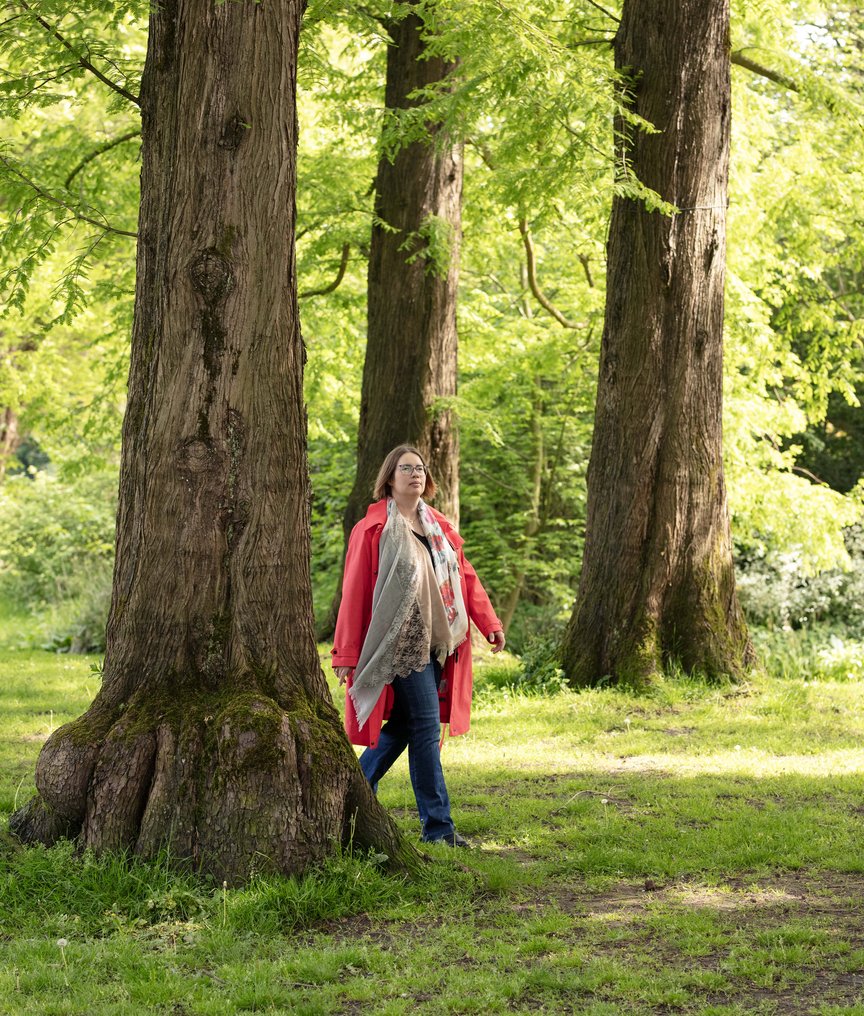The Netherlands is not yet on track to meet all European energy savings targets by 2030. The greenhouse gas reduction target, however – a 55% reduction in net greenhouse gas emissions – is already in sight. “Everything must go according to plan in order to achieve this target”, emphasises Iris Kieft, Public Law & Regulatory partner. “This will require major changes in the way we use energy – changes that will affect many aspects of business and daily life. And these changes will not happen without a clear and predictable regulatory framework.”
Clear legislation is key
The transition to a low-carbon society poses intricate technical, social and socio-economic challenges. “It is a complicated issue on many levels. This means that the importance of effective legislation and regulation cannot be underestimated. These are essential to encourage the necessary investment. Above all, businesses need clarity, for example on the capacity of the electricity grid and the most appropriate type of renewable energy. An industrial company, for example, may want certainty about the infrastructure and availability of hydrogen before switching to this alternative resource or energy source. And energy producers will only invest in hydrogen if there is a long-term horizon that allows the business case to be made. Clarification, nuance and policy tightening are still needed in several areas.”
Regulatory burden
“The energy transition is driven by regulation”, explains Iris. “For example, European and national legislation and regulations are being drawn up for hydrogen. The hydrogen market is still developing, but governments are modelling the rules on regulations for the gas and electricity markets, both of which are already mature. This leads to problems if the rules are unclear or inadequate. It even raises the question of whether the hydrogen market can develop at all under these regulations.
In addition to pending legislation and regulation with a spatial impact, companies are also grappling with the obligation to fulfill their supply chain responsibility obligations under the Corporate Sustainability Due Diligence Directive. The majority of businesses currently has more questions than answers. How do they translate this directive into their strategy, policy and business processes? Is the information provided further down the supply chain good enough to identify potential human rights and environmental impacts? And what sustainability risks in their supply chains and procurement activities can they actually take responsibility for?”
Making decisions
Iris argues that the regulator's legal vision is important in breaking down interdependencies and making decisions. “What are the government’s and the market’s responsibilities? Who bears the risk of climate change, and how do you allocate the costs of the necessary investments? It is precisely because of the technical complexity of many emission reduction measures that companies want to discuss them with the supervisory authority. What is possible, and within what timeframe? How do we record it, how do we deal with it properly, and how do we make sure it’s feasible and sufficiently verifiable? In practice, it is often difficult to consult properly about this with the parties involved.”
Moving targets
“Boards struggle more with the unpredictability of the regulatory framework than with the regulatory burden as such. Major changes come relatively quickly and, partly for that reason, are also difficult to implement. Even before the first part of the investment cycle has been implemented, there is an evolution that means that in hindsight earlier steps may not have been ideal. This is because new objectives are set, and the new regulations may also require different technical choices. These changing objectives can even lead to questions about the continuity of a product or company. Will we end up with stranded assets? Would it perhaps be better not to do business in this market or in Europe? In a world of global trade and competition, these are the kinds of questions that need to be addressed.”

A level playing field
The term ‘level playing field’ often comes up in discussions about the energy transition. “If regulations vary from country to country, and the cost of compliance makes it too expensive or unattractive to do business in Europe, industry may move to countries outside the European Union where environmental or climate regulations may be less stringent. This leads to a race to the bottom, with investment going to countries with weak environmental standards. Such downward spiral can be seen, for example, in fast fashion. Clothing is produced in low-wage countries to follow current trends and sold at rock-bottom prices, and is then often seen as a disposable product due to its low price and quality. Textile factory workers and the environment pay the real price.”
Iris explains that the European Commission has proposed guidelines for a fair transition to climate neutrality as part of the ‘Fit for 55’ package. “The basic principle is that the transition to climate neutrality must be fair and that everyone must be actively involved. There will be a Social Climate Fund to tackle energy and transport poverty for vulnerable households, micro-enterprises and transport users. There will also be financial support for industries to achieve this emission reduction.”
Focus on environmental regulations
An increased focus on environmental impact has brought the work of Iris and her team to the forefront. Whether it is infrastructure, the energy sector, or production facilities: environmental regulations are key today and will only become more important. “These regulations concern the impact of an activity on the environment and come in many different shapes and sizes. They cover, for example, environmental protection, air quality, water quality and the regulation of emissions or substances of very high concern. And with space at a premium in the Netherlands, careful consideration must always be given to where each function can best be performed, and how that function can best be implemented. We therefore expect the relevant regulatory framework to continue to grow.”
Board members regularly reach out to the Public Law & Regulatory team to discuss the sustainable or most sustainable performance of activities. “Questions about the application of the rules to a new activity or a change to an existing activity. We also get questions about the environmental impact of a target in a merger or acquisition process. How do you deal with the regulatory framework in the contractual agreements when you want to develop a new or innovative project? For example, we advise industrial companies that want to reduce certain emissions. We discuss how this should be arranged in their permit and what a constructive dialogue with the competent authority and their stakeholders might entail. We also share our thoughts on what lies ahead: new legislation, its preparation and its implementation.”

Responsibility
Enforcement of environmental regulations is not only governed by administrative law, but also increasingly by civil law. “Large spatial projects almost always go to court for a final determination of which interests prevails. NGOs and citizens are increasingly challenging the actions or inactions of companies and public authorities. The Belgian Climate Case underlines the dissatisfaction with the government’s actions to achieve the climate targets. In this civil case, four Belgian supervisory authorities were found to have failed to implement climate policy. The difficulty with these climate cases is that, although the court's ruling has an impact beyond the case itself, the cases centre on the responsibility of individual governments or organisations. Ultimately, it would be ideal if the same rules applied to every organisation in every country and everyone took responsibility in the fight against climate change.”
Constructive collaboration
“Our firm takes a multidisciplinary approach to the issues our clients face and to helping them take concrete steps. By joining forces in our Sustainable Business & Climate Change team, we are consciously working on the energy transition in the belief that constructive collaboration is essential to achieve the transition to a sustainable energy supply. We bring together a wide range of expertise such as public law and regulatory, corporate governance and contracting to allow for multiple perspectives and to find comprehensive solutions. We help in considering issues and solutions, bring parties together and are alert to opportunities as they arise.”
The best thing about being a lawyer in what is often called ‘not an era of change, but a change of era’? “For me, that would be helping clients to understand the complexity of the regulations so they can continue to deliver new and innovative projects. Helping, together with colleagues, the various parties – be it businesses or the government – to discover the possibilities and then carefully weigh up all the interests involved and take concrete steps. This is also what we discuss when we organise roundtables on topics such as the market for green hydrogen. The energy transition will only succeed if all parties involved can and want to take responsibility.”
Embedding ESG
Read our latest annual Sustainability & CSR Report


